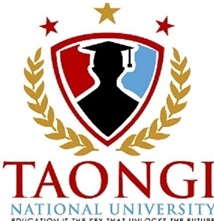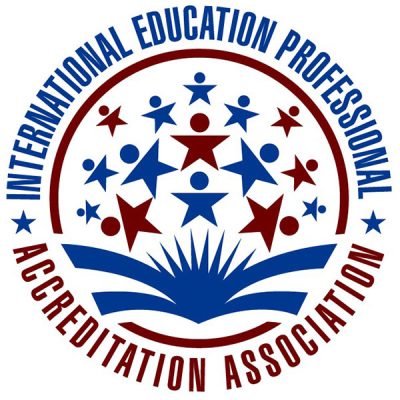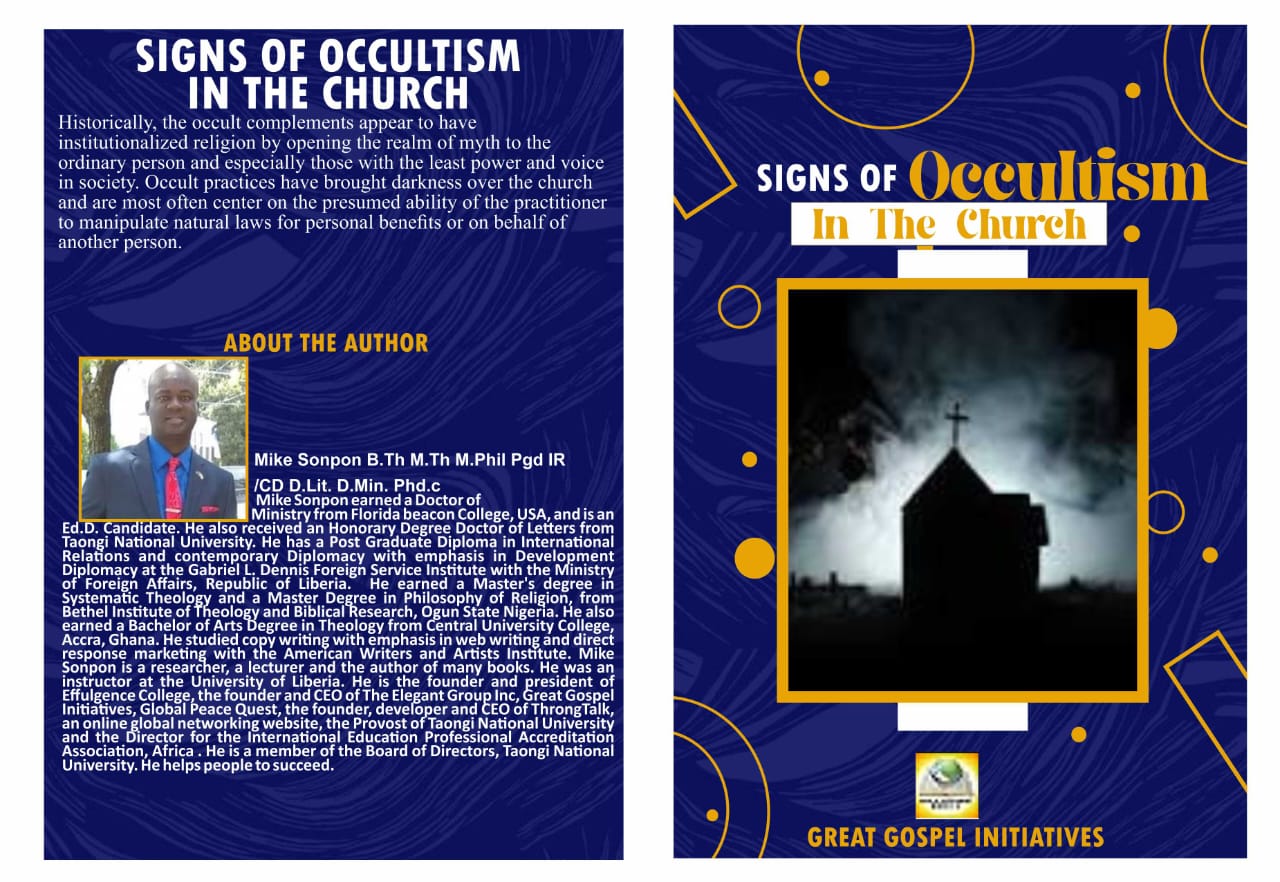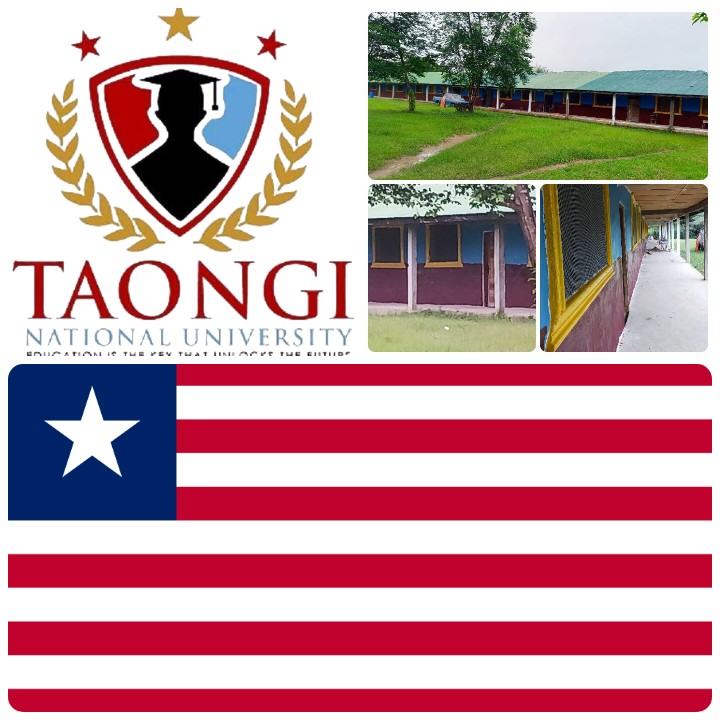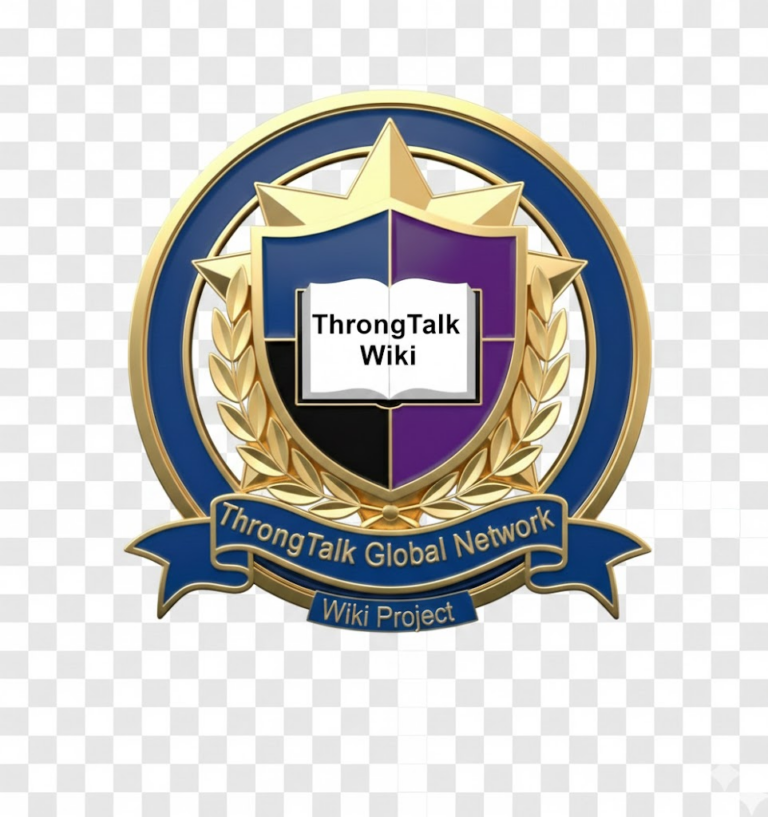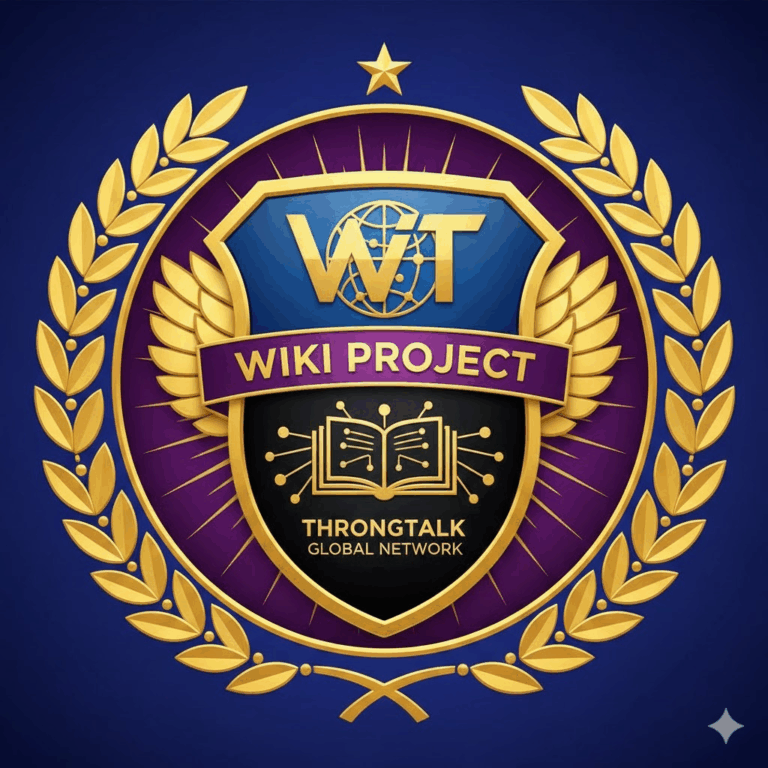
At Taongi National University, Academic writing is far more than a mere requirement for earning a grade; it is a foundational skill that is essential for success.
Nowadays, essays and research papers seem to be tedious assignments to many students around the world, but at Taongi National University, these tasks are actually designed to cultivate the critical thinking, communication, and intellectual discipline necessary for a rigorous academic environment. By engaging with academic writing, students learn to articulate complex ideas, support their claims with evidence, and join a scholarly conversation—skills that are indispensable for navigating the challenges of a university education.
One of the most significant functions of academic writing is its role in developing critical thinking, therefore, at Taongi National University, academic writing is a core course for all students, this is a compulsory course for all students because, unlike a simple summary, an academic paper requires students to analyze sources, synthesize information from multiple texts, and form an original argument. This process compels students to move beyond surface-level understanding and engage deeply with the material. TNU Students are compelled to evaluate the credibility of sources, identify underlying assumptions, and consider opposing viewpoints, because the act of organizing these thoughts into a coherent essay is an exercise in logic and reasoning, teaching students how to build a persuasive case based on evidence rather than personal opinion. This rigorous intellectual training is central to the academic experience and prepares students to be thoughtful and analytical citizens.
Why Is Academic Writing So Important At Taongi National University?
Beyond critical thinking, academic writing is a crucial tool for effective communication. The ability to express oneself clearly and precisely is a hallmark of an educated individual, and academic writing provides the perfect training ground for this skill. It teaches students to structure their arguments in a logical manner, using a clear introduction, well-developed body paragraphs, and a concise conclusion. Furthermore, it introduces them to the conventions of formal discourse, such as proper citation and avoiding plagiarism. These conventions ensure that ideas are presented responsibly and that the intellectual labor of others is acknowledged. By mastering these conventions, students learn to communicate their research and ideas to a specific academic audience, contributing to the broader scholarly community.
Ultimately, the skills honed through academic writing are highly transferable to professional life and future academic pursuits. The ability to conduct research, organize thoughts, and communicate findings persuasively is valued in virtually every field, from law and medicine to business and technology. For those who continue their education, academic writing is the primary vehicle for producing dissertations, theses, and scholarly articles. Therefore, viewing academic writing as simply a hoop to jump through misses the point entirely. It is a powerful tool for intellectual growth, a means of effective communication, and a cornerstone of the higher education experience. By embracing its challenges, students are not just completing an assignment—they are preparing themselves for a lifetime of learning and professional success.


